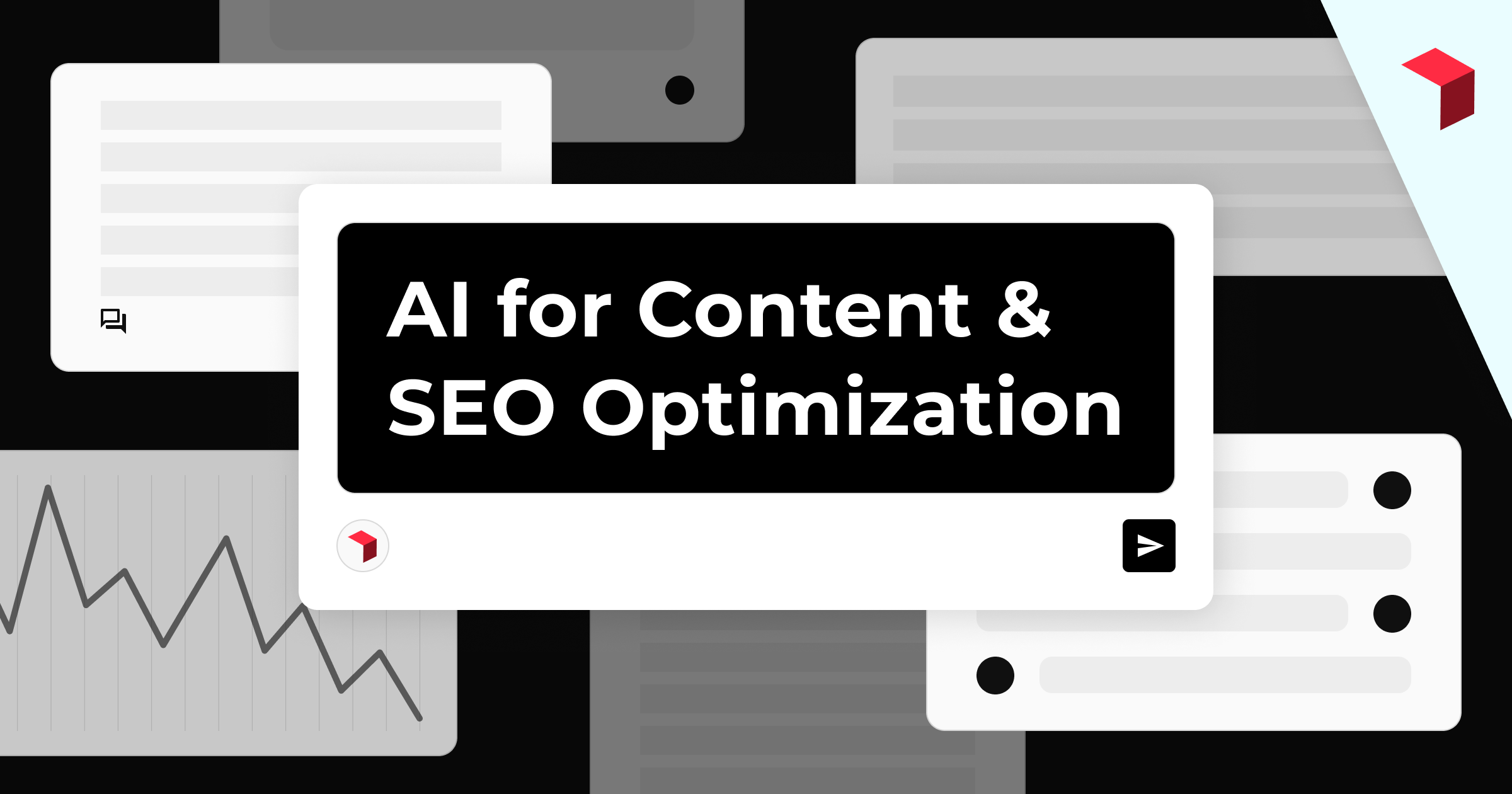Creating and maintaining engaging, relevant content that truly resonates with your diverse audience can be an ongoing challenge.
As you know, from prospective students and their families, to faculty and alumni, each group has specific needs and expectations. And, of course, you also need to stand out to new students—so the question becomes, how do you keep up? How do you do it all effectively and efficiently?
This is where embracing the power of artificial intelligence (AI) comes into play. AI can help you streamline the content development processes and efficiently target your content. However, knowing how to use AI is a skill in and of itself.
But don’t worry, we’re here to help. From brainstorming to SEO optimization with AI, we’ll demonstrate how you can use these tools to revolutionize content creation for your institution. We’ll also give you a glimpse into our current process for using AI in higher ed content marketing.
Understanding the Role of AI in Content Development
AI’s potential in content development extends beyond mere automation. It’s about enhancing creativity, ensuring consistency, and creating efficient, scalable content.
Here are key areas where AI can enhance your higher education content marketing strategy:
- Brainstorming: Bring in fresh ideas and perspectives, overcome writer’s block, and explore new angles for storytelling. For example, by analyzing current trends and audience preferences, AI can suggest topics that are likely to engage prospective students and their families.
- Content Creation: Quickly generate drafts for program descriptions, headlines, news articles, and key pages, such as admissions, support, campus life, and more. AI can produce drafts based on specific guidelines, tone, and style, ensuring content aligns with your institution’s brand voice. You should still edit and enhance AI-generated drafts, but this substantially minimizes your workload.
- Editing & Refining: Refine and improve existing content by asking AI to suggest edits, enhance readability, and ensure consistency in tone and style appropriate for academic audiences.
- Personalization: AI can analyze user data to tailor content to different audience segments. This means delivering more personalized and relevant information to prospective students, current students, and alumni, thereby improving engagement and satisfaction.
- SEO Optimization: Get keyword suggestions, analyze trends, and optimize content for search engines, helping your institution’s website rank higher in search results. SEO optimization with AI helps you reach a broader audience and drive more organic traffic to your site.
- Analyzing Data: Do you have student surveys, course evaluations, or other feedback forms? AI can easily analyze this data to give you key insights, themes, and trends that you can use while creating content.
Our Approach to AI-Enhanced Content Development
“Like Google, SEMrush, or WordPress, AI is a powerful tool that enhances our capabilities. While it will never replace the human touch, it can certainly streamline tasks and make our work more efficient.”
Katelyn Unterborn, Content Strategist
AI writing is a process. We’re not asking AI to do the work for us—we’re using AI in very specific ways to complement our skills and optimize our efforts. Over many iterations, we’ve refined our process and hope you can learn from it too.
- Train: Before asking AI for tailored content, you must teach the machine. Tell it about your brand, your audience, and your strategy. The more information you give, the better the AI can help you.
- Prompt: Every request starts with a prompt. Good prompts are clear, structured, and simple. Refine your prompts to add more complexity as you go. For example, instead of “improve this text,” ask the AI to, “Revise this text to read at an 8th-grade level and speak to prospective students.”
- Draft: Generate preliminary drafts, allowing human writers to then focus on refining and polishing the AI-generated content. This approach saves time and ensures that our final products are consistent with our client’s brand voice and messaging.
- Edit: While AI-generated content can be accurate and contextually relevant, it inherently lacks humanity. Editing the AI content is a crucial step to ensure the content best suits your audience and institution.
Join Our AI Writing Workshop
Wondering how AI can improve your content development process? Consider our AI Writing Workshop, tailored specifically to your institution’s needs. In this workshop, we’ll explore strategies in depth and provide hands-on training in using AI tools for content creation.
Whether you’re aiming to streamline your workflow, personalize content, or boost SEO, this workshop will elevate your knowledge and skills.


